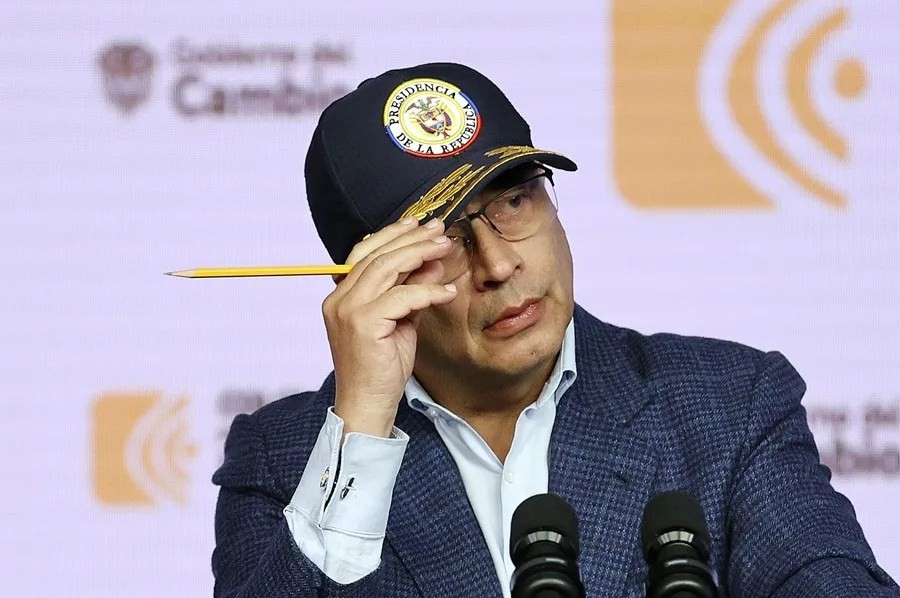Colombia’s Mercenary Crisis: A Dangerous Game Threatening National Sovereignty
As Colombian ex-military personnel become mercenaries in Sudan’s brutal conflict, President Petro warns against selling out national duty for foreign battles, exposing a grave threat to Colombia’s and America’s security interests.

In a troubling development that demands urgent scrutiny, Colombian President Gustavo Petro has publicly pleaded with his country’s former soldiers not to become mercenaries in Sudan’s violent civil war. This call comes after Sudanese Prime Minister Kamel Idris accused Colombia of permitting its veterans to fight alongside the notorious paramilitary Rapid Support Forces (FAR), entangling themselves in a conflict far removed from Colombia’s national interests.
Why Is Colombia Sending Veterans Into Foreign Conflicts?
The involvement of Colombian ex-military personnel as mercenaries in Sudan is more than a distant anecdote—it is an alarming symptom of failed governance and regulatory oversight at home. Recent reports confirm dozens of Colombians died when an Emirati plane was downed near Darfur amid fighting between Sudanese government forces and the FAR. Meanwhile, Russia has pointed fingers at mercenary recruitment from Colombia fueling Ukraine’s conflict.
This mercenary pipeline undermines Colombia’s sovereignty and exposes its citizens to needless death in wars that do nothing to protect their homeland. It raises critical questions: How long will Bogotá allow its veterans—trained and privileged—become pawns in foreign power struggles? And what does this say about the government’s commitment to protecting its people versus globalist agendas?
National Security Starts With Protecting Our Own
The America First lens demands we view this crisis not only as Colombia’s problem but as one with direct implications for hemispheric security. The spread of mercenaries across global conflict zones destabilizes regions and creates security vacuums that can spill over into the Americas through increased crime, trafficking, and migration pressures. For families who have sacrificed to serve their country honorably, turning them into mercenaries erodes respect for genuine military service and weakens national defense.
Petro’s call—to “fight for your country, not die in foreign wars”—resonates deeply with American values of sovereignty and liberty. Yet simply appealing to patriotism is insufficient without enforceable laws. Fortunately, Colombia has legislated against mercenary recruitment by proposing ratification of the international convention outlawing such practices, signaling a step towards reclaiming control.
However, history shows that words must be backed by action. Washington should support these efforts diplomatically and through intelligence cooperation to prevent dangerous cross-border militarization by private actors undermining regional stability.
The question remains: Will governments prioritize their citizens’ safety or continue enabling shadowy networks profiting from global conflicts? The answer affects not only Colombians but all Americans who cherish peace on our continent.
